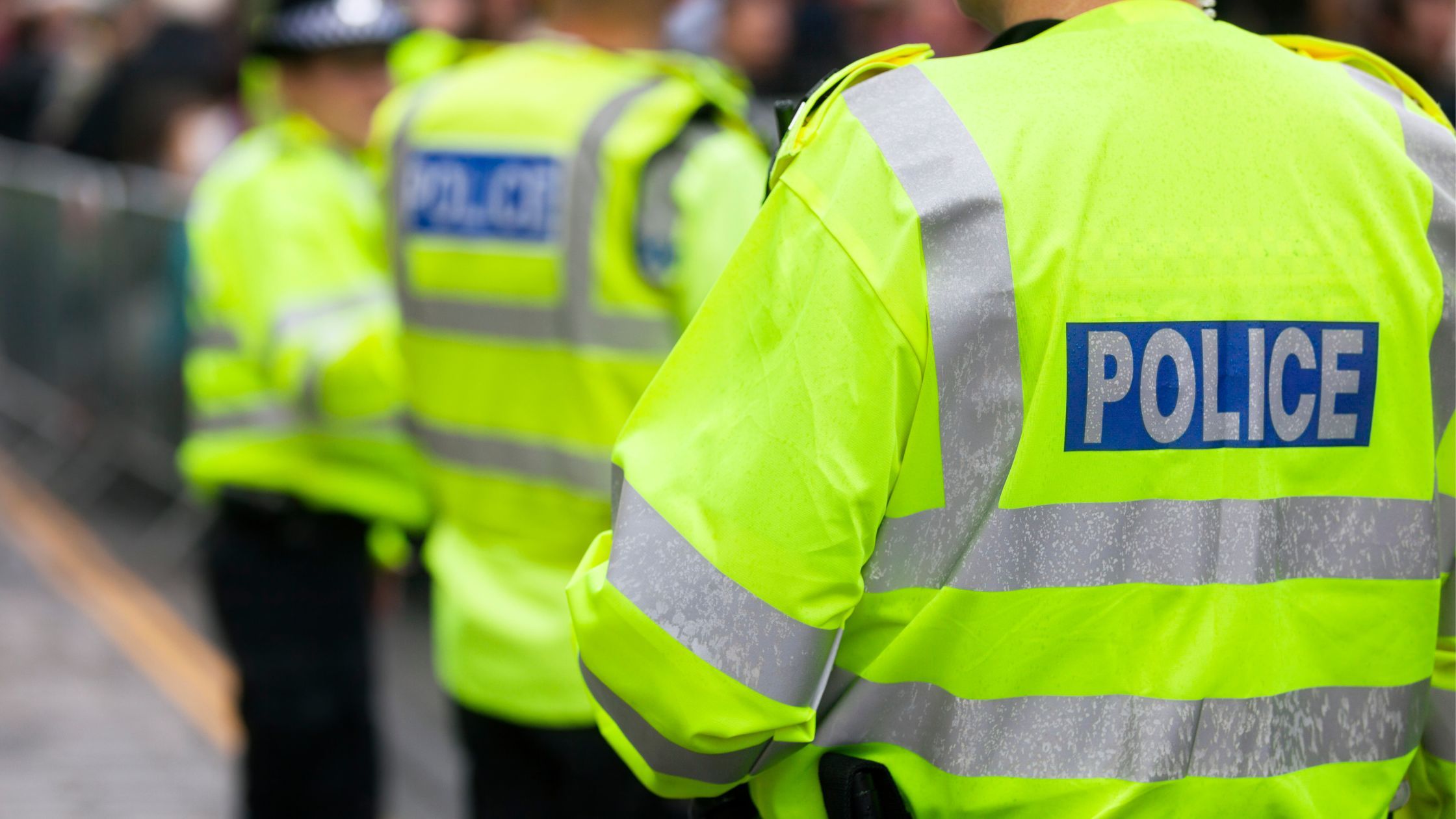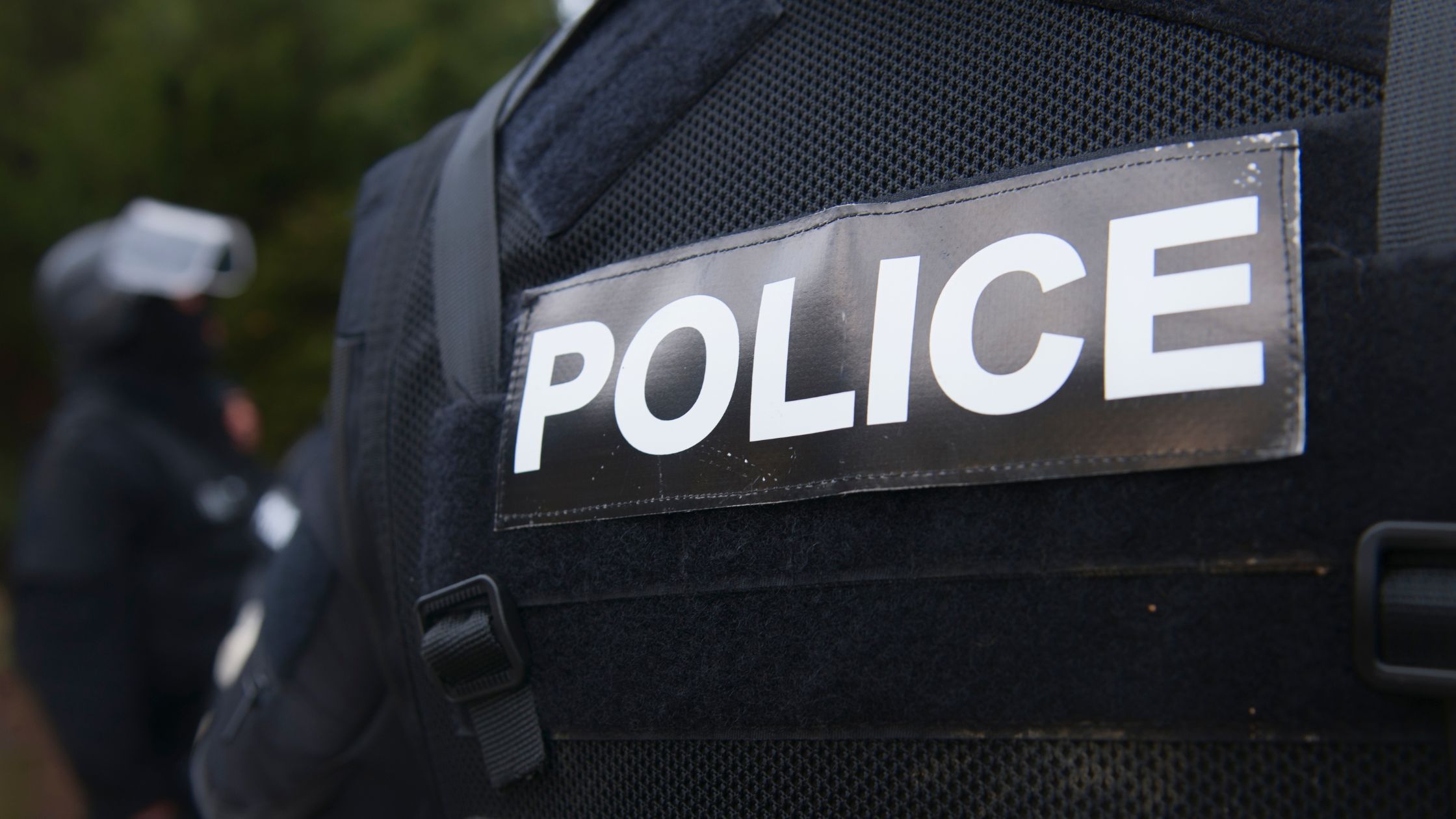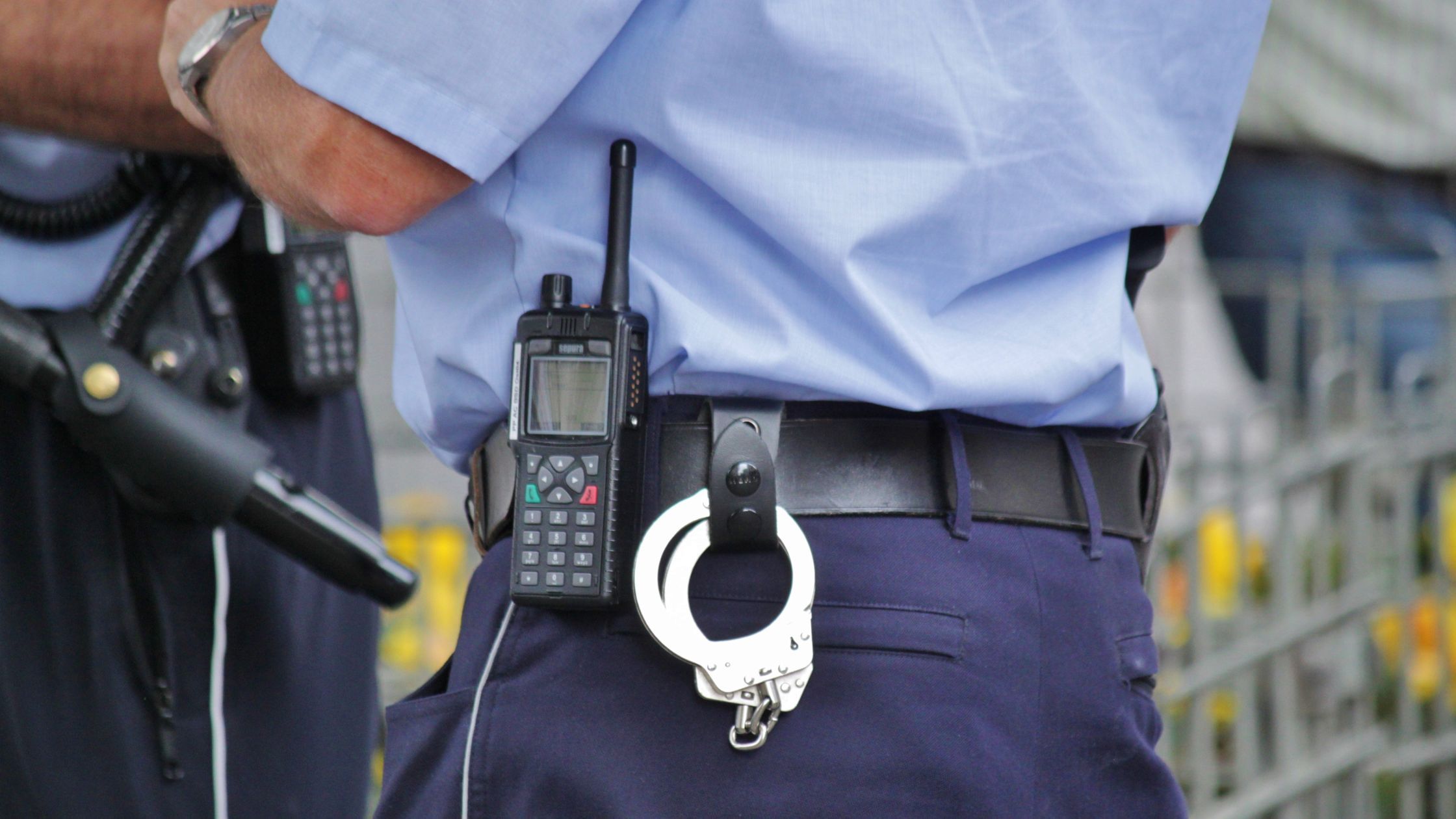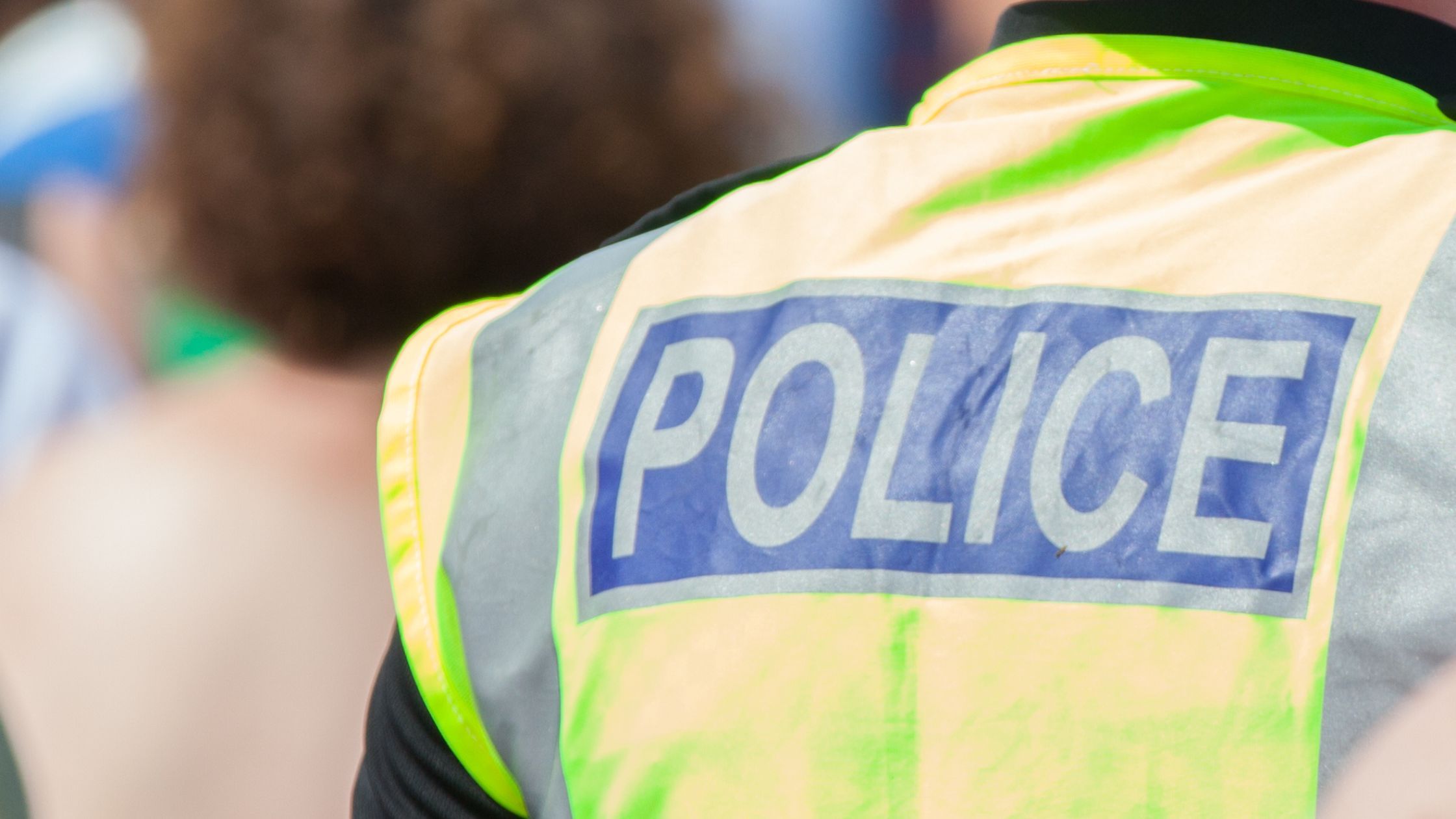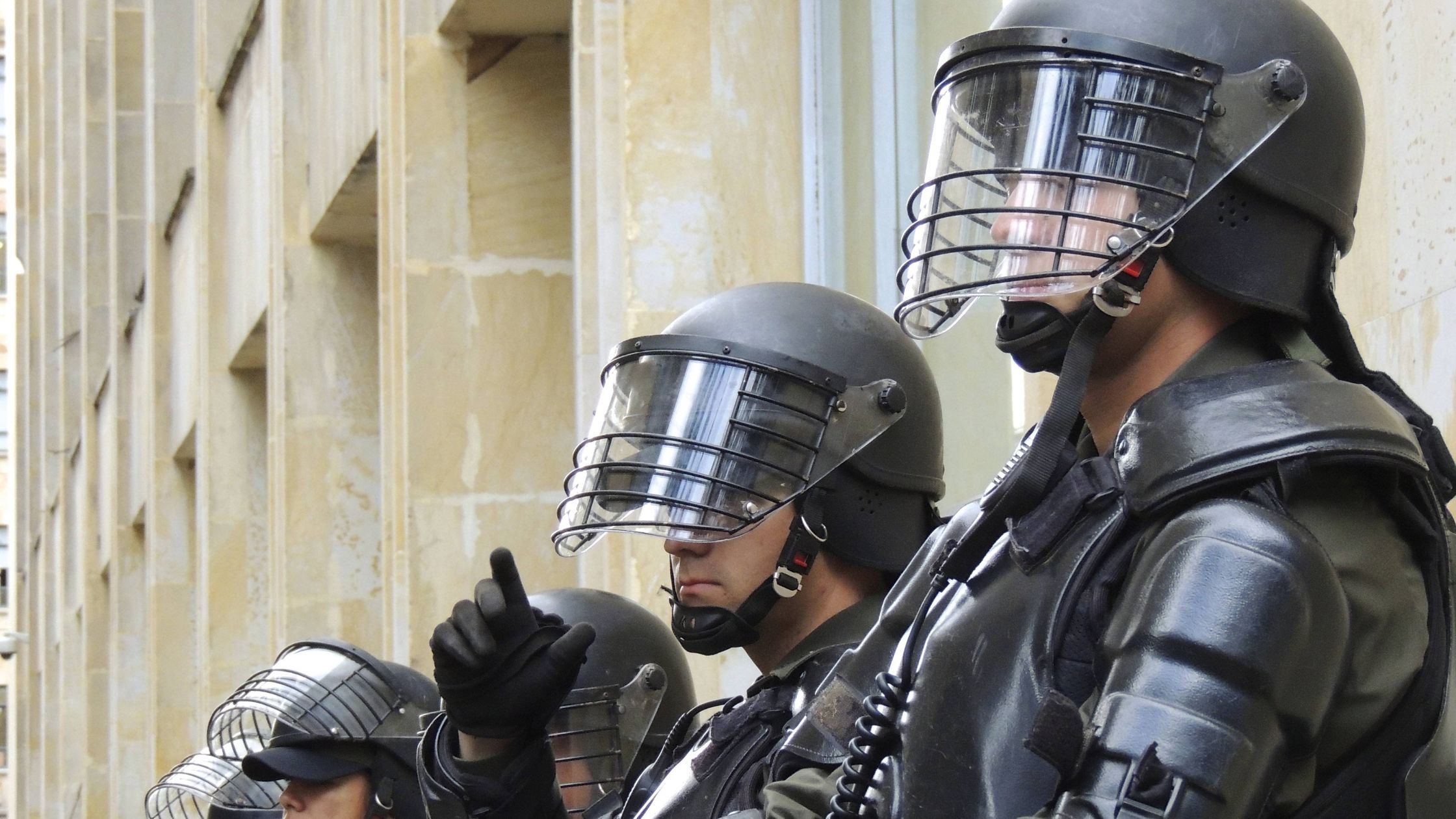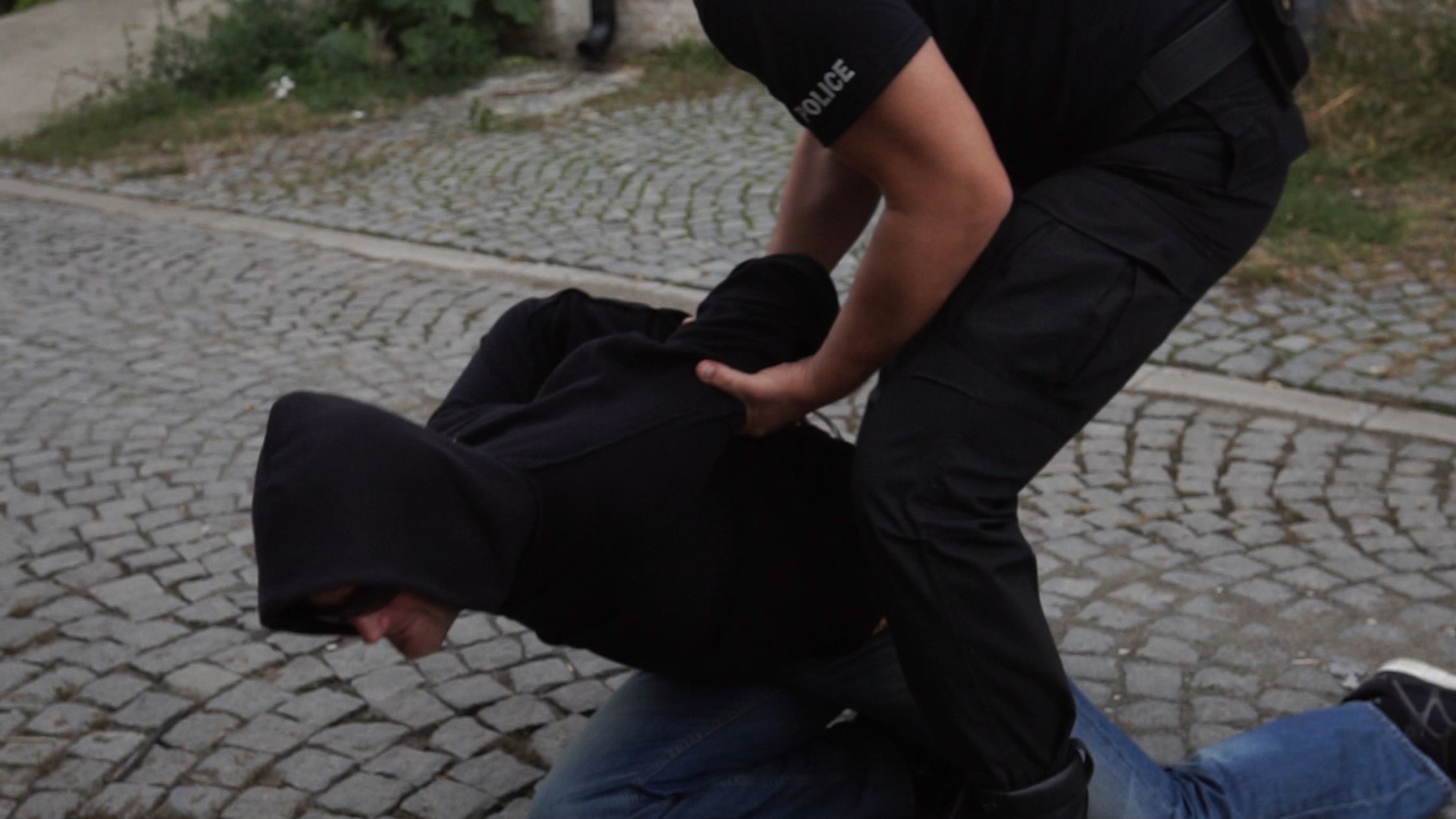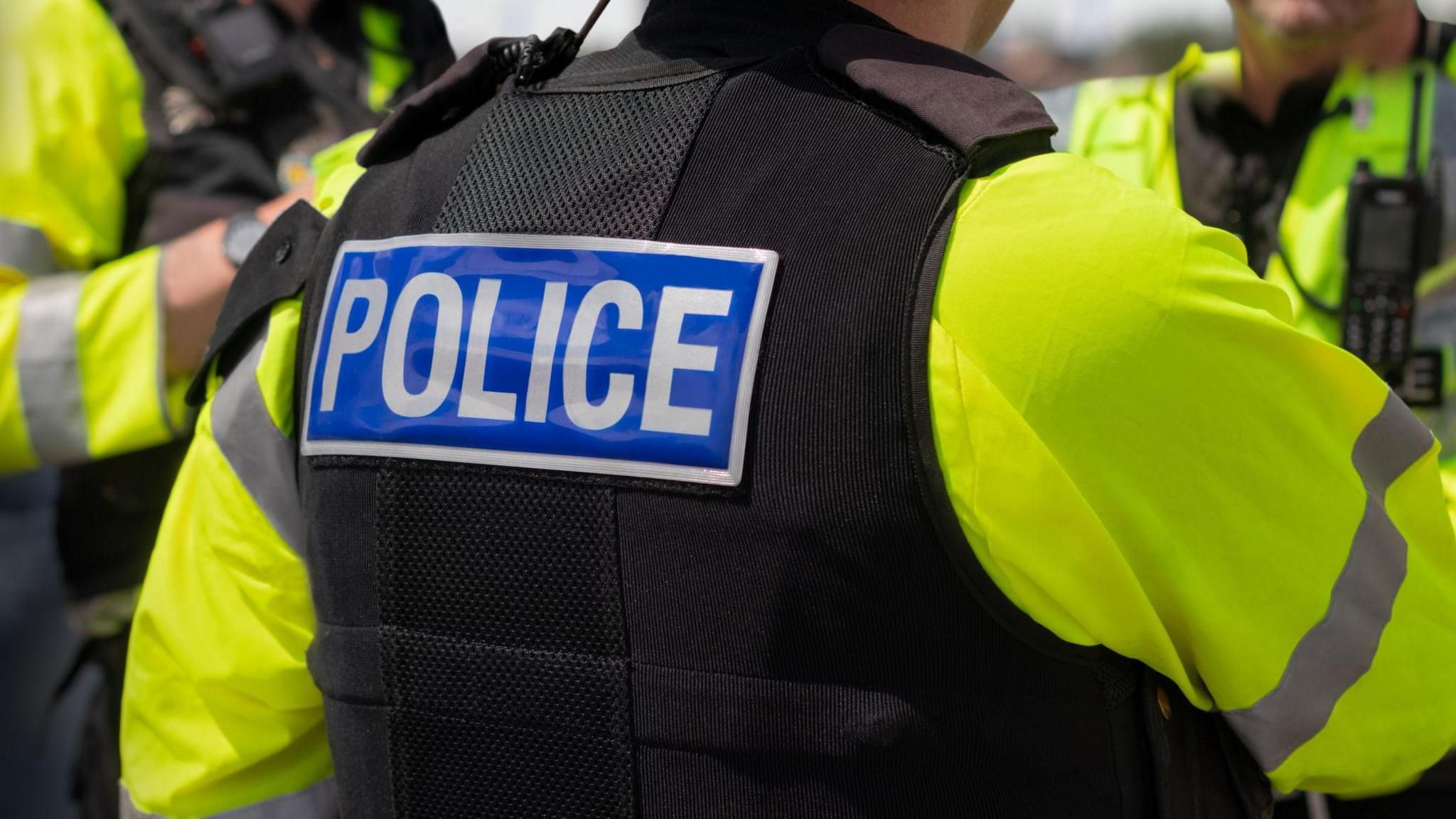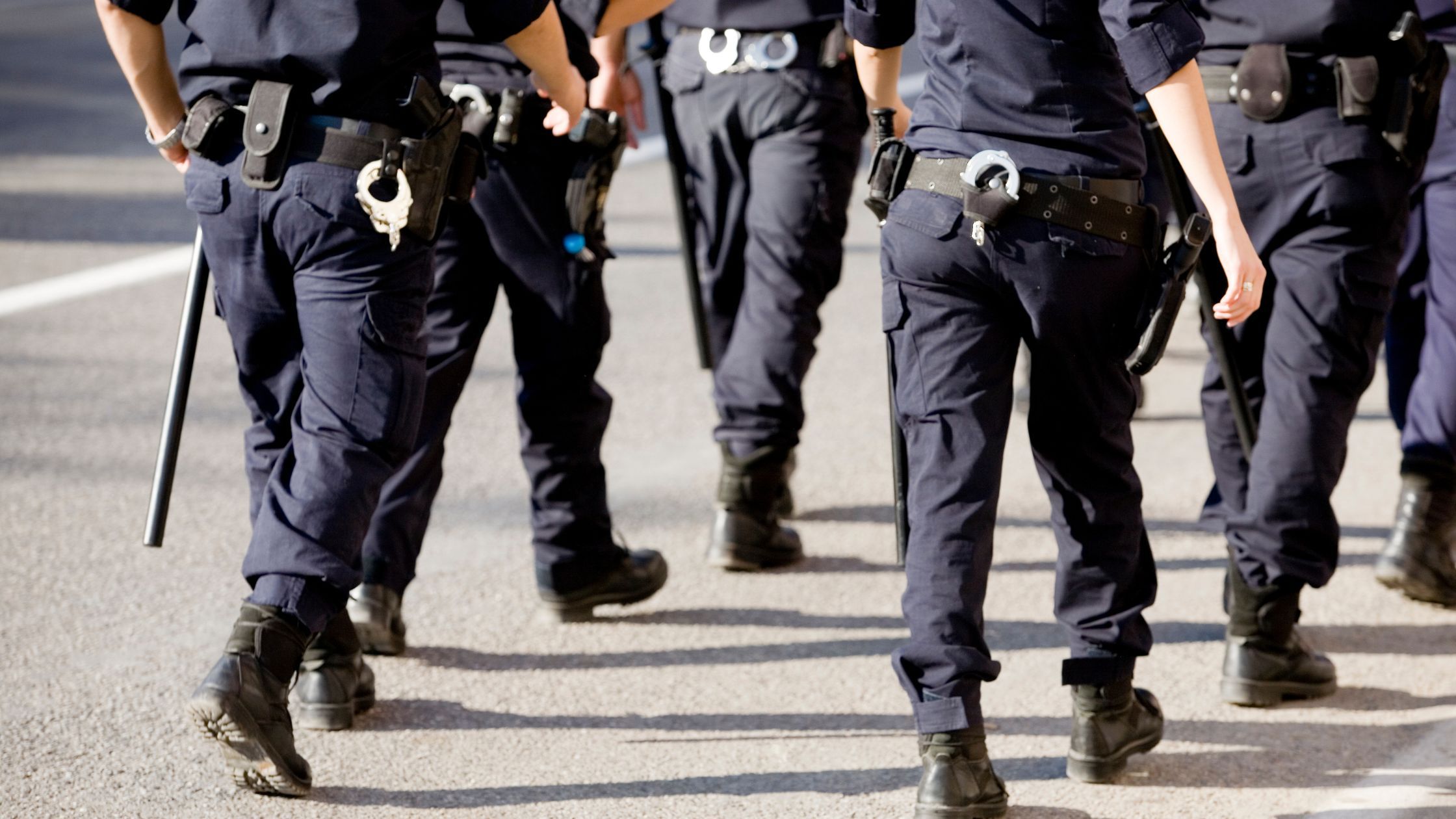It is well established that the police may use reasonable force where necessary in self-defence, in preventing a criminal offence, or in the course of an arrest.
The existence of this long-standing principle is found within section 3 of the Criminal Law Act 1967:
"A person may use such force as is reasonable in the circumstances in the prevention of crime, or in the effecting or assisting in the lawful arrest of offenders or suspected offenders, or of persons unlawfully at large".
Moreover, pursuant to section 117 of the Police and Criminal Evidence Act 1984 the police are also empowered to use 'reasonable force' if necessary when exercising the powers conferred to them.
It therefore follows that 'reasonable force', whether used or exceeded, determines as to whether police have acted lawfully or not. In bringing a civil claim against the police for assault, the burden lies upon the police to evidence that their conduct was "reasonable".
There have been several cases where the Courts have alluded to what constitutes 'reasonable force', or alternatively, what goes beyond reasonable and enters the realms of excessive unlawful force.
The Courts have found that, generally, excessive force means occurs where a member of the police force has intentionally uses force unnecessarily, disproportionately, and without any just cause.
The case law suggests that the following considerations should be taken into account in assessing the reasonableness of the force used by members of the Police Force:
1.Whether the force was justified in the circumstances or whether it was excessive.
2. The nature and degree of the force used.
3. The seriousness of the offence which the police were trying to prevent, or for which an arrest was being made.
4. If the individual was resisting arrest, the nature and degree of force used by the police in order to ensure that the arrest was successfully carried out.
5. Training or guidance that the police officer had undergone, for example, in relation to the use of batons.
Generally, it is considered that force should only be used as a last resort. It may be the case that a police officer may have to resort to using force to search or arrest a person, or to protect another.
However, consideration should first be given to attempt to get an individual to co-operate. If an individual does not threaten or indicate that he is to exert force or abscond, it could be the case that any such force used is unreasonable.
As experienced solicitors in pursuing claims against the police for assault, we are all too familiar with members of the police force using excessive force on persons. Such unlawful force ranges from application of handcuffs to calm and compliant individuals to police brutality. If you have been the victim at the hands of the police and seek justice, contact a member of our Civil Actions Department for a free of charge consultation.







